The official “science” audiobook list on Audible is a bit disappointing.

It seems like they compiled it based on the number of reviews. Meaning the list consists of the books with the most reviews and the word science is used a bit liberally.
So less so about being the best science book and more about just effective marketing. Here’s a list of great science audiobooks that I’ve personally read or listened to. Alternatively, if you’re looking for something more entertaining, we also have an extensive list of classic and contemporary science fiction audiobooks.
1. The Selfish Gene by Richard Dawkins
Warning! This book may potentially make you a bit depressed. In fact, later in the audiobook Richard discusses this and attempts to give a more positive way to look at it. Personally, I think he failed.
But maybe his perspective will work for you. How about you find out? Whether it is or isn’t however, is irrelevant.
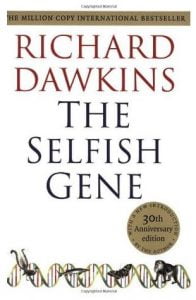
This book made Dawkings famous in scientific circles in the first place before he became a well-known public persona. It is a profound book.
2. The Man Who Mistook His Wife for a Hat by Oliver Sacks
I first read The Man Who Mistook His Wife for a Hat in my first year of psychology. There is this philosophical question about whether a human body and the human spirit are separate things.
In fact, people have tried weighing the human body before and after death just to see if the escaping soul has weight. Descartes believed in dualism and that in the brain there was a “spirit”.
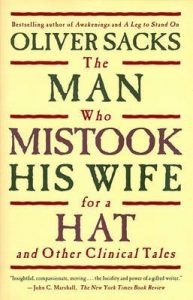
Oliver Sacks, as a psychiatrist, gives us plenty of examples of how our personalities and abilities change dramatically after brain injury. Thus giving us some evidence that what a person is, is in part at least his material physical brain.
3. The Martian by Andy Weir
This book is more like science fiction than science but it’s worth it. I promise. The narration is great and the source material is even better. Not as heavy on science as other books on this list but plenty of it and according to aerospace experts highly accurate.
It’s funny and witty and you can come away from listening to this epic knowing more about science than you did going in. Satisfaction guaranteed.
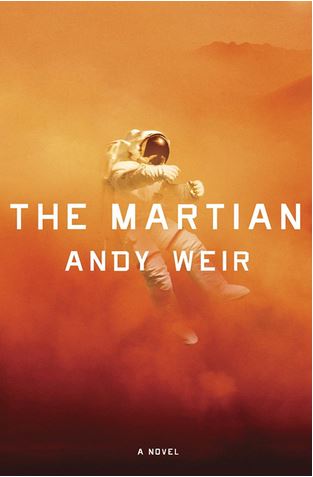
P.S. The movie is great, but the book as always is better.
4. Think Like a Freak by Steven D. Levitt & Stephen J. Dubner
Love this book. I used to build laboratories and some of that work was rather menial. But I enjoyed it because I could listen to audiobooks like Think Like a Freak.
This book is much like any of the books you’d read by Malcolm Gladwell except at least one of the authors is actually a scientist and I think it’s much more actionable.
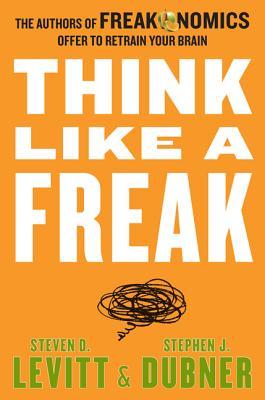
Instead of interesting speculation, you go away from this book with tools to think a bit differently about the world. It says “Think like a freak” but it should be “Think like a scientist”.
5. Moonwalking with Einstein by Joshua Foer
Great book. Makes you rethink everything you consider possible with your memory. It is more about the applied science of memory than it is about the theory behind it, but it’s on this list because you can’t argue with the results.
Joshua Foer was just a journalist, who in the process of writing an article on memory championships becomes a memory champion himself.
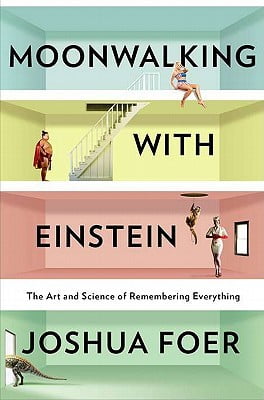
6. Sapiens: A Brief History of Humankind by Yuval Noah Harari
I think Yuval is a great science communicator. I personally didn’t get too much from the book because of my pre-existing interest in the subject.
But he even-handedly covers the various theories and hypotheses that exist about our origins and does it using language that everyone can understand. No wonder he’s so popular.
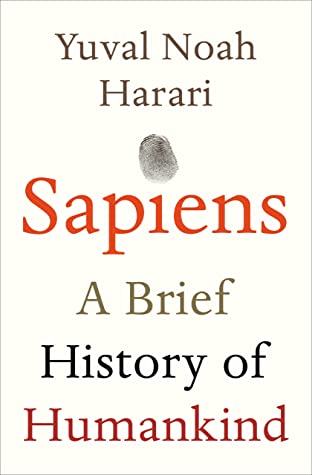
7. Factfulness by Hans Rosling, Ola Rosling, Anna Rosling Rönnlund
A couple of years ago at a party, I asked a girl what got her interested in statistics. She said she had read a book called “Factfulness”. A good reason as any. I can’t blame her. It’s a good book.
I can’t tell you the times that I’ve had friends or acquaintances talk or quote parts of the book to me. Unlike some other books, it’s interesting on every page. It’s dense in substance.
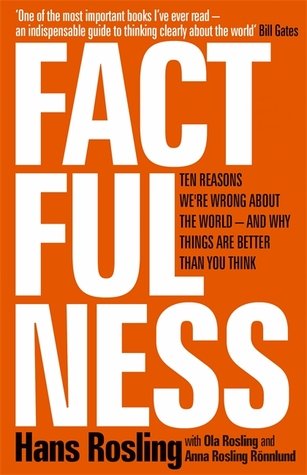
The Bottom Line
As always the trick to reading more books or listening to more books is trying a lot of them. If you open something and it’s boring then don’t finish it. Pick up multiple books and toss away the ones that don’t catch your interest. Use the Audible samples to gauge your interest before you commit.
The best science book isn’t an objective measure. It’s highly variable due to your personal preferences. So I find that it helps to flirt with a book before committing.